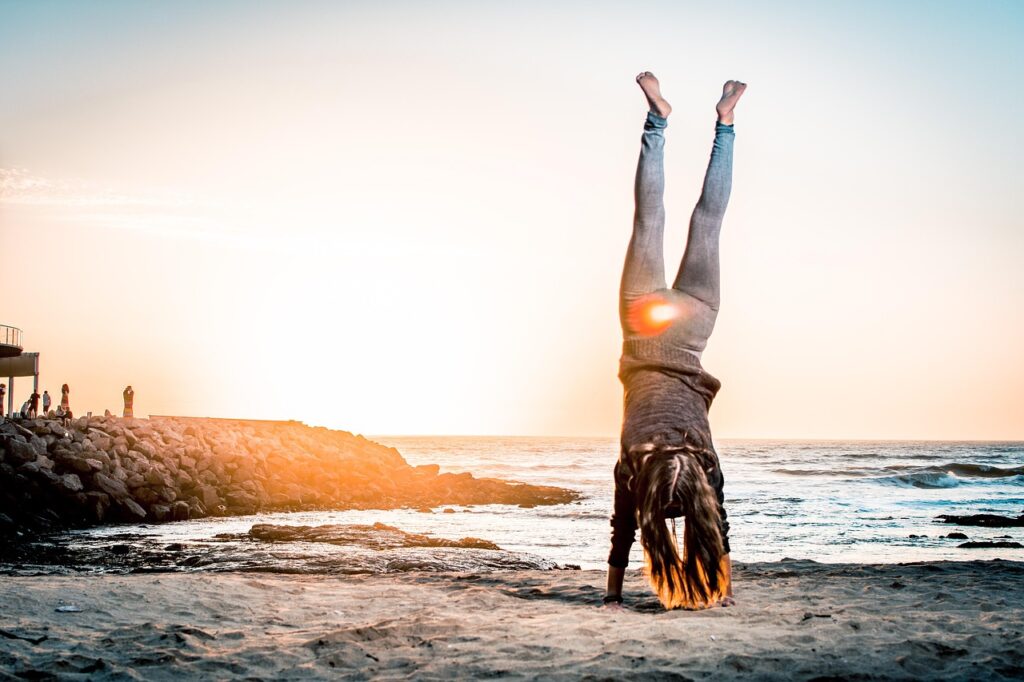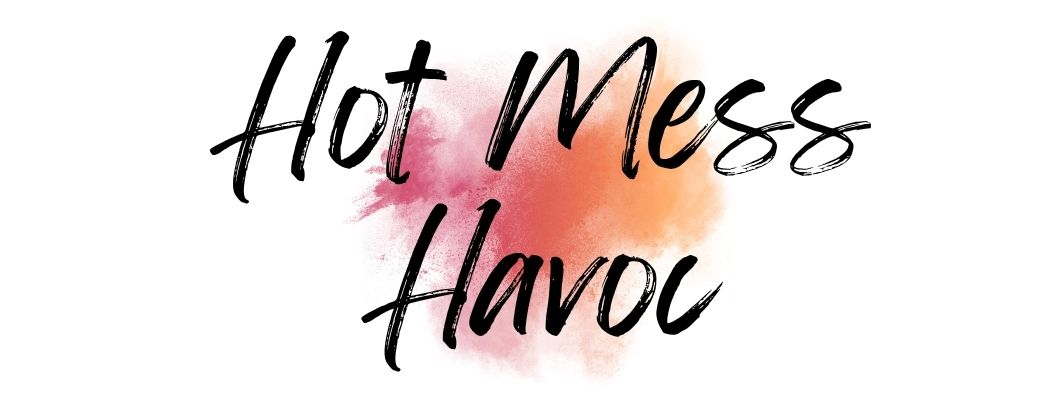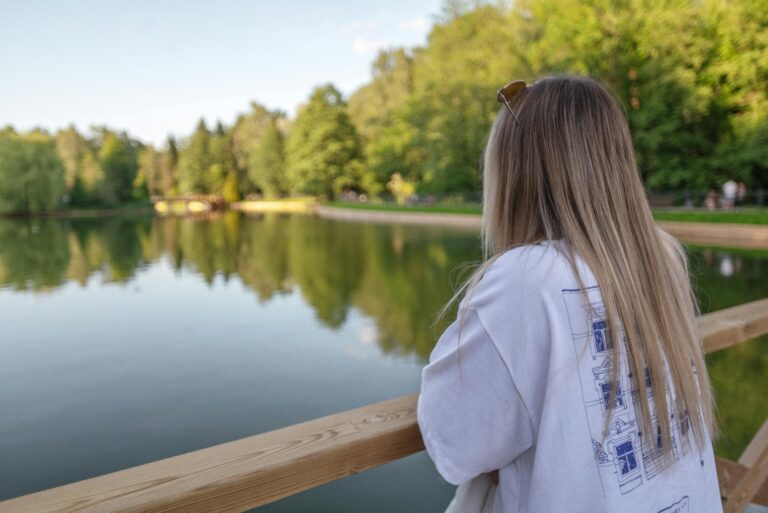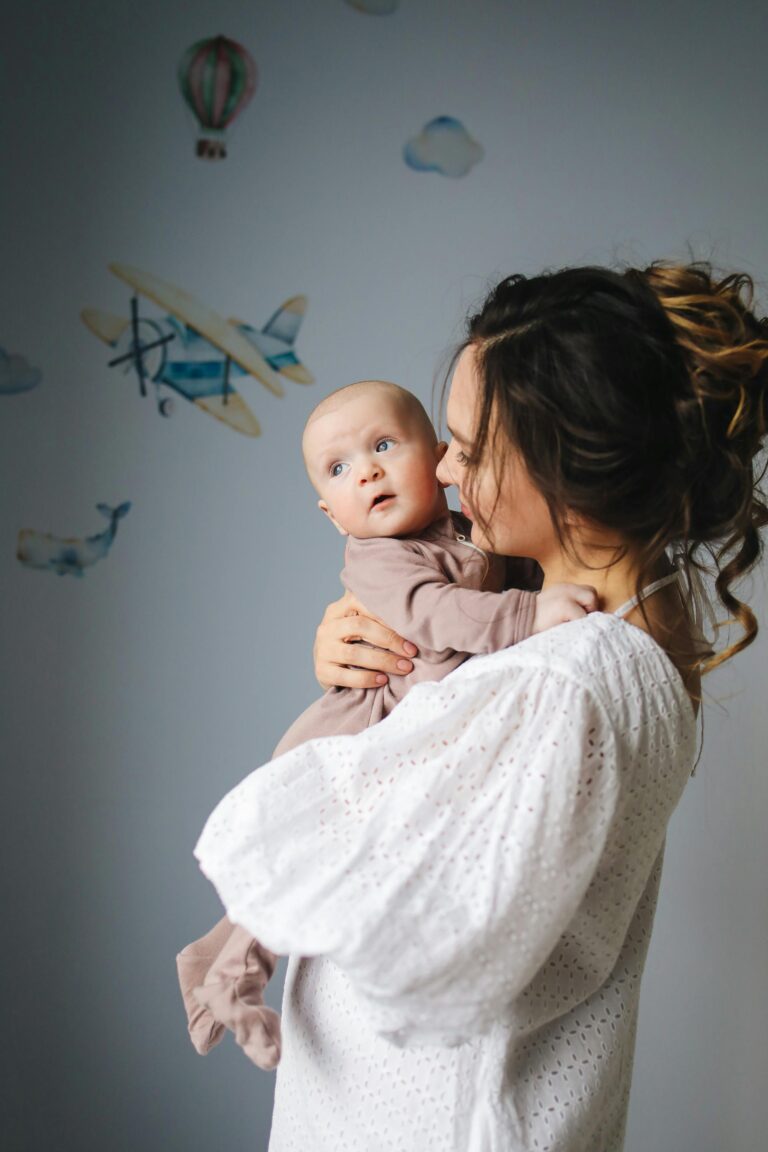7 Sanity-Saving Tips for Handling Sensory Overload During the Summer
Summer is supposed to be fun—sunshine, festivals, cookouts, and vacations. But if you’re neurodivergent like me, summer can also feel like an assault on every one of your senses. The heat, the crowds, the chaos? It’s like a sensory buffet you never asked for.
If you’re feeling frazzled by the fireworks and overstimulated by sunscreen smells, here are seven practical, neurodivergent-approved tips to help you handle sensory overload this summer:
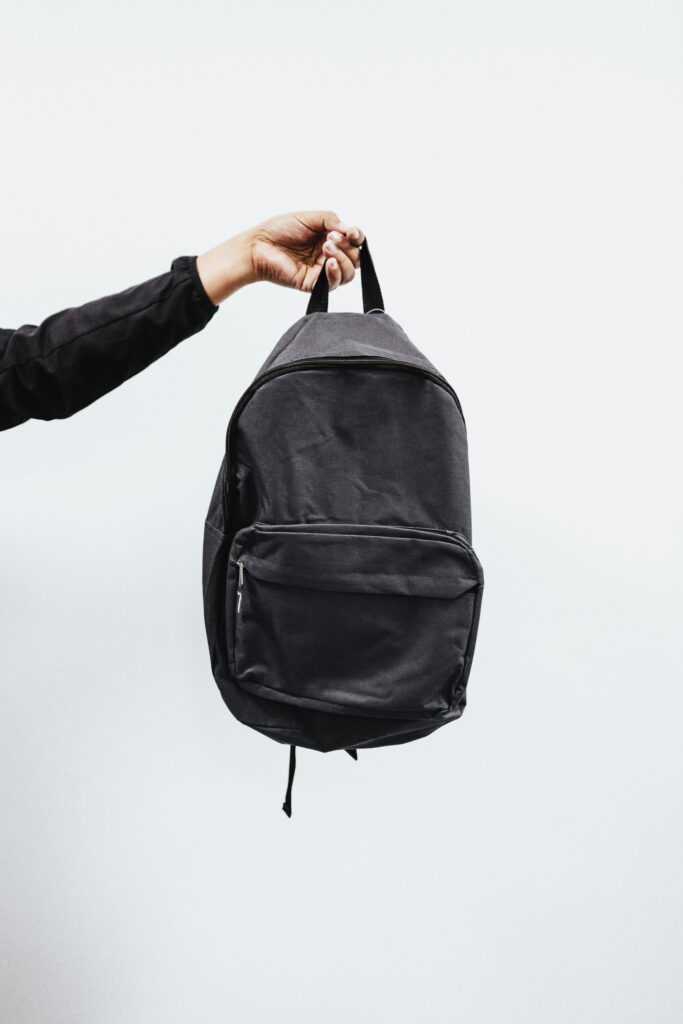
1. Create a “Go Bag” for Sensory Survival
Have a small bag ready with essentials like:
- Noise-canceling headphones or earplugs
- Sunglasses or a visor
- Cooling towel or mini fan
- Fidget toy or stim object
- A snack and a water bottle
Think of it as your emergency kit for when the world gets too loud, bright, or sweaty.
2. Plan Quiet Breaks Into Busy Days
Whether it’s a trip to the zoo or a beach day, build in breaks. Scope out where you can rest—like a shaded bench, an air-conditioned store, or even your car. If the kids are at home, I use my youngest’s nap time as quiet time. I’ll put on a movie guilt-free for my oldest, and either just chill on the couch with her or read a book. For work days, usually I use my commute as down time, or if there is time between when I get off and when I have to pick up the kids, I will literally curl up in bed and just exist. In the air conditioning. It’s blissful.
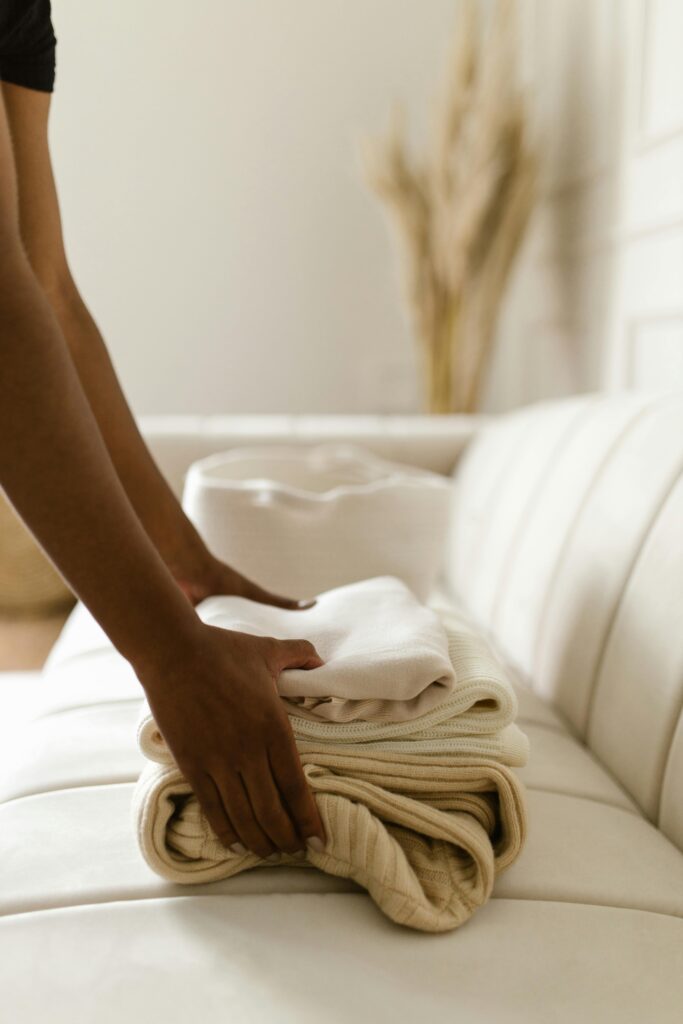
3. Wear Clothes That Don’t Make You Miserable
You don’t have to suffer through scratchy tags or sticky fabrics. Go for:
- Breathable cotton or moisture-wicking materials. I love T-shirts and loose tank tops for this reason.
- Tagless or seamless underwear. For the ladies, a bralette, a wireless bra (my personal favorite), or a sports bra.
- Lightweight, loose-fitting clothes. Capris leggings, loose shorts, flowy tops.
Comfort = fewer meltdowns. Plus, I need to be able to move in all directions to keep up the kids.
Also, one of the worst daily sensations I experience is lotion and creams. I hate the feeling of slippery, greasy cream on my skin and face. It feels suffocating, and almost always makes me feel hot and flushed. But skin cancer is a real concern, and sunscreen is a must during the summer.
Sheer sunscreen is the MVP here.
My favorite is Neutrogena Sheer Sunscreen, but it is a small bottle. So, in an effort to save money, I use this sunscreen mainly on my face, and for the rest of the body I use baby sunscreen (preferably scent-free).
4. Use Visual Schedules or Timers
If unpredictability spikes your anxiety, make a visual schedule for outings or use timers to help pace transitions. You can even build one with your phone or a simple notepad.
Knowing what’s next = less panic.

5. Pick Your Battles With Events
You don’t need to attend every cookout, parade, or pool party. Choose the ones that fit your energy and sensory limits. It’s okay to say no. Or to say yes and leave early.
You’re not boring. You’re regulating.

6. Use Cooling Tools Strategically
Some people thrive in the heat and humidity. I am not one of those people. In fact, I’m the opposite. I like cold and dry, because I can always add layers for warmth. I despise the feeling of stepping out of the shower and instantly start sweating. Thick humidity makes my skin sticky, and my hair frizzy and out of control (and in my face).
Enter the life-saving invention of air-conditioning.
Is it the most cost efficient? No. Is it the most environmentally friendly? Definitely not. But does it help me keep my sanity, avoid sensory overload, and allow me to sleep comfortably at nighttime? Yes.
If you don’t have air conditioning (good grief, I am so sorry), try:
- Cooling wristbands
- Portable neck fans
- Frozen water bottles to press against your skin
- Staying indoors during peak heat hours (usually 12–3 p.m.)
This isn’t just about comfort—it’s about preventing sensory shutdown or an outburst.

7. Have a Post-Event Recovery Plan
Even if you had fun, your body might still crash afterward. Schedule some decompression time after any big event:
- Dark room, weighted blanket, and a familiar TV show
- Silence and stim time
- Journaling or creating art
My husband knows that after a long weekend camping or hosting a picnic at our house, I need time alone. Away from any housework or responsibilities, and just allowed to be. It could be just for an hour or two, or as much as you need. You determine it.
Final Thoughts:
Summer can still be sweet—on your terms. You’re allowed to enjoy things in the way that works for your brain and body. Managing sensory overload isn’t about missing out; it’s about making space for your needs in a world that often forgets to.
If this resonated with you, I’d love to hear your go-to summer survival tips—drop them in the comments below or share this post with someone who gets it.
